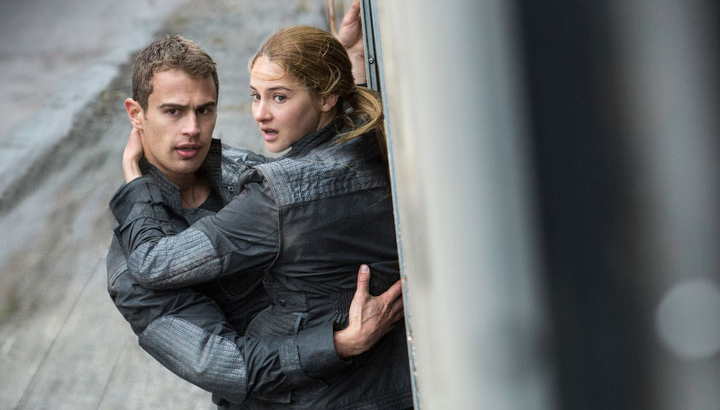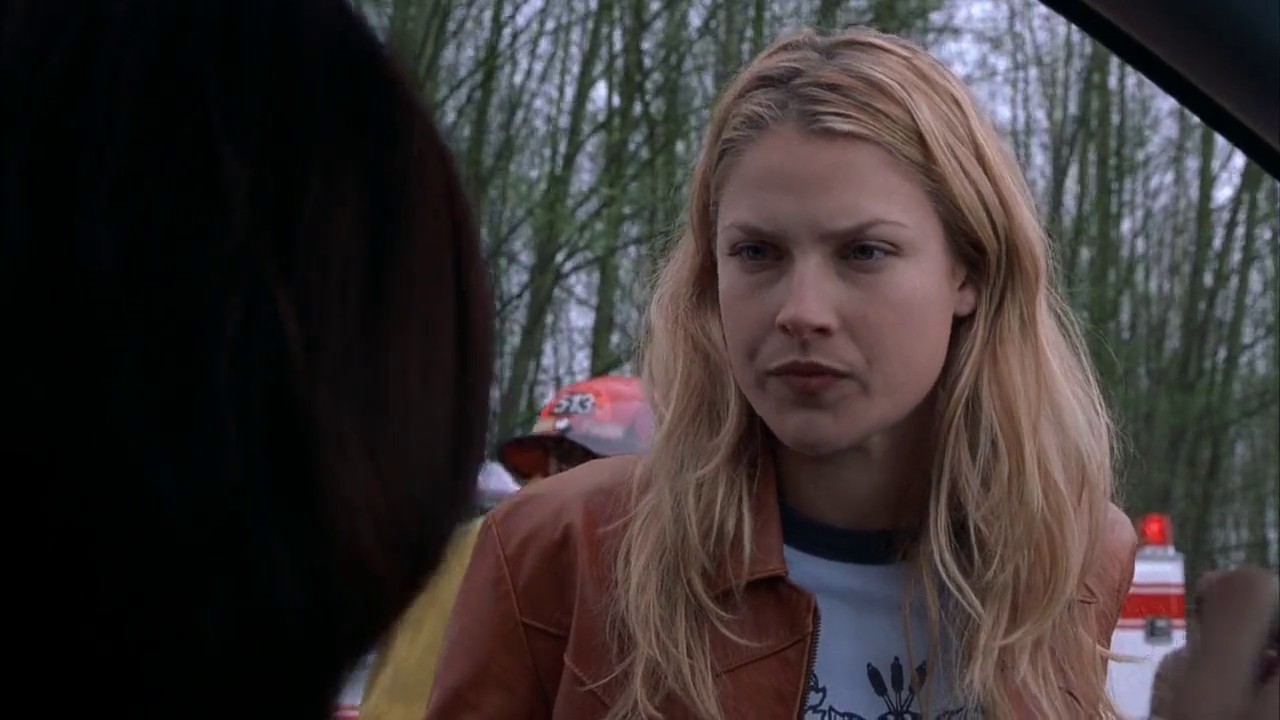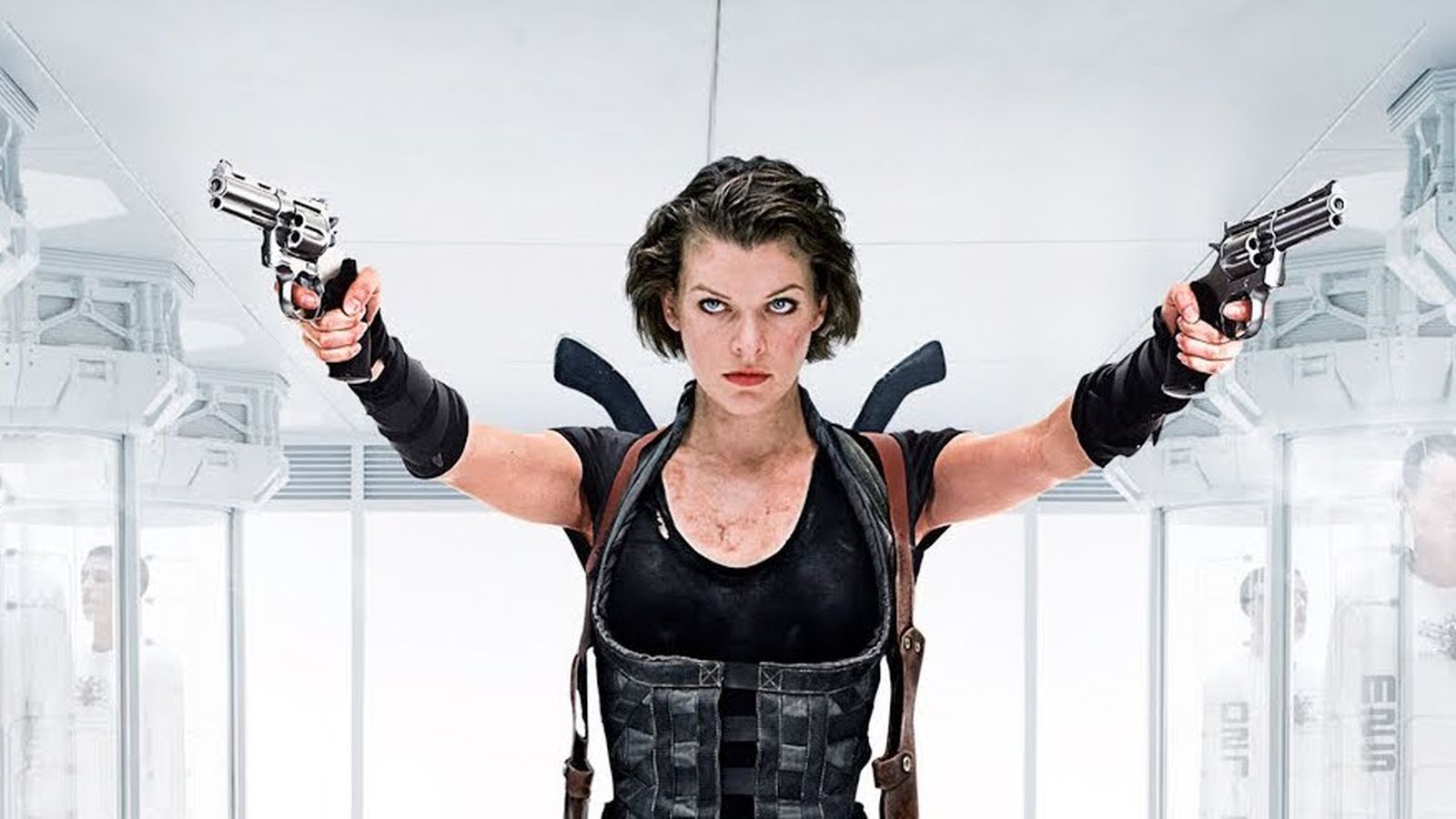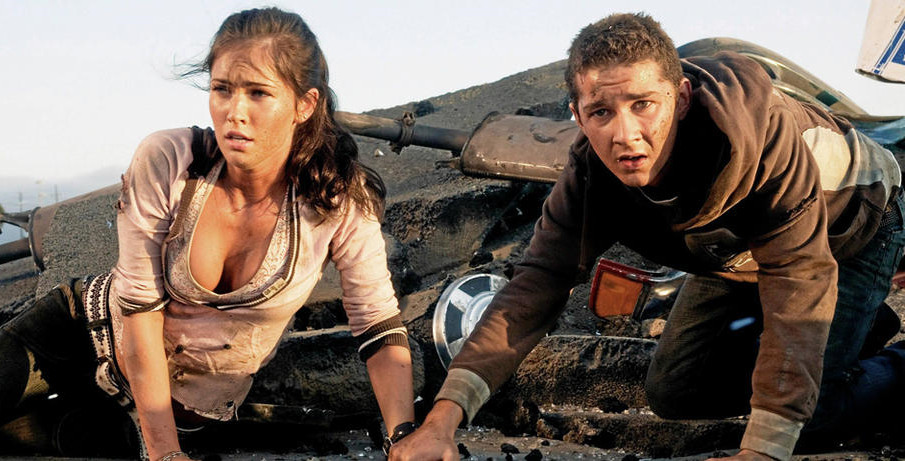
While working to make popular ideas fit the big screen, film franchises often fall short of their goals. Since the film industry is focused on entertaining, engaging with, and stupefying fans of any idea, then any film mogul could realize (and likely has realized) almost immediately that a good idea is profitable, whereas rehashing the good idea five times is potentially five times more profitable.
Unfortunately, this train of logic is the reason why so many film franchises fail. If the director, producers, and film production agency think there’s money behind an idea, they can follow up with sequels upon sequels without end (throw in a prequel here and there, too), each film lacking the same love and dedication that comprised the original. Then suddenly there are four, five, six, etc. films that branch from the same idea but just pull each other down.
Sure, some film franchises are successful. They draw from the original’s substantial fan base, yet they don’t fail to disappoint in the reexaminations. Some of these successful franchises become cult classics, too, like “The Godfather,” “Rocky,” “Hannibal Lecter,” or “The Lost Boys.” However, many film franchises flop, and a decent number are just plain awful.
This list examines the ten worst film franchises that hit the big screen (or are coming soon to a theatre near you). Whether the idea in question came from a book that should never have been made movie, the idea should not have been made whatsoever, or the idea that would have held up better as a single film, all the following film franchises prove that while an idea can be expansive, decisions based on making money can often kill any hope for artistry.
10. Divergent

The “Divergent” franchise is relatively new and hasn’t even been completed, but it’s still already a notable failure. Originally a series of four books for young adults by Veronica Roth, “Divergent” tells of a dystopian future in which people are grouped by talents and skills into castes with varying power to affect their world. The protagonist is a young woman who can’t be boxed into one caste, and her rebellion links with many other characters’.
Together, those who are “divergent” from the norm work to overthrow the system. Conceptually, the plot overlaps with “The Hunger Games,” “Maze Runner,” and a handful of other young adult novels-turned-franchises from the 2010s, yet “Divergent” (in both book and film form) has the most lack-luster delivery.
Roth’s books have been circulating in intermediate and middle schools for years, so the team behind the film franchise knew there was something there before the films were even released. The first film slammed into the box office with high ratings and audience approval. However, the reinstallations fell shorter and shorter with each new release, up until the last one, “Allegiant,” flopped at the box office so hard that the franchise is not slated to continue on the big screen.
There’s talk of the next film being released as a made-for-TV movie on Starz instead, and from there, the franchise is said potentially to continue as a spin-off TV show featuring one or more of the characters from the original (although it’s likely that none of the original actors will reprise their roles on the small screen). The films themselves are exciting, sure, but they’re also generic, trite, and dull with themes that supersaturate young adult media.
From the books that exploit an overly common young adult fiction theme to the actors that have refused to reprise their signature roles, it’s clear that “Divergent” should never have existed as a film franchise, and it just gets worse with time.
9. Final Destination

“Final Destination” is a popular horror-slash-thriller franchise (it’s technically the tenth highest grossing horror film franchise of all time), but it’s all summed up by one concept: you can’t escape Death. From that idea, five films were released along with several novels and comic books, but nothing was quite as good as the original.
“Final Destination” would have been so much better had the franchise team stopped with just one film. The reworkings of the original idea fall flatter and become more predictable with each sequel, and the crew obviously noticed the lack of audience engagement because they decided to stop the franchise and go out with a bang.
In comparison to the first four “Final Destination” films, the last one got much higher ratings and better reviews, while earning almost double what the original got at the Box Office. The final film doesn’t quite save the franchise from itself, however, because the franchise still does exist, and those three terrible films in between the first and the last will still plague film history for all time.
8. Avatar
![]()
James Cameron’s “Avatar” was all anyone could talk about when it came out. The film was admittedly creative with contagious, high energy and charismatic special effects, but many of those people talking about the film weren’t dishing out praise. If any other insults bounce off “Avatar,” this one won’t: it’s the same story as Disney’s “Pocahontas” but with blue humanoids instead of American Indians.
From that unoriginal and problematic first story, James Cameron spent almost a decade in silence, but he clearly realized “Avatar” provided something his viewers loved – a sexy alien survival story – and he knew they wanted more.
Flash forward to last year when Cameron released plans for not one, not two, not even three more “Avatar” films, but four. He dreamed up his own franchise (as if he hasn’t already raked in enough from the “Terminator” films), complete with tentative release dates and word about an Avatar-themed amusement park to top it all off.
When “Avatar 2” comes out in theatres in two years, it will be 11 years since the first one was released, but it will surely rely on much of the same styles, techniques, plot points, and character archs, all of which let a plethora of viewers down in the first “Avatar.”
Honestly, this long-delayed installment of a franchise just seems forced, and Cameron’s reliance on his beloved blue humanoids for the sequels seems cheap. If you’re like me, you won’t even need to see these sequels to be already bored of them.
7. Resident Evil

As a zombie film, the first “Resident Evil” did some relatively interesting things in terms of story- and monster-building, but it was a total B horror flick, and the rest of the franchise falls in line with the original’s standard.
Where to begin about this franchise? “Resident Evil” has grown from one film to a six-film franchise, including a plethora of video games, film-inspired novels, and more. But what is the franchise celebrating, really? What’s the idea that they think people love so much?
Perhaps it’s the idea of a badass woman protagonist going up against an ominous force that makes the franchise work. If so, other weak yet female-led franchises like “Lara Croft: Tomb Raider” and “Underworld” (highlighted as number five of this list) seem to make more sense existing despite their failings.
What flops in these film franchises is act of focusing on one attractive woman in a multitude of stressful situations, because by doing so, the filmmakers neglect to establish interesting characters surrounding the woman in question, and plot ends up not mattering at all. All these points are particularly true in reference to “Resident Evil.”
Oftentimes, especially with a franchise like “Resident Evil,” even the protagonist – the main female lead, in this case – acts so poorly that the whole production falls short, feels wooden, and lacks heart. The original film in this franchise demonstrates the most depth of acting for Milla Jovovich (our badass heroine), but the following films show her precision and personality unravelling into a stock figure who blindly fights zombie after zombie. The supporting actors in each “Resident Evil” film disappoint reliably, however.
Ultimately, “Resident Evil” is poorly edited, written, acted, and conceptualized. It’s not even consistently a horror franchise! Some of the later films aren’t scary at all and deliver action sequences only. Don’t expect a lot from this body of work. You’d be better off not wasting your time.
6. Transformers

The first “Transformers” film from 1986 isn’t all that bad. It falls in line with the TV series released around it (from 1984-1987), it draws on familiar characters in fresh ways, and it demonstrates all the glory that is 1980s animation.
Interestingly, the twenty-one-year-later reinstallation of the franchise as a live-action film in 2007 with Shia LaBeouf and Megan Fox wasn’t that terrible either, unless you think Shia LaBeouf is an awful actor (which is understandable) or that Megan Fox is even worse (fair point as well).
The worst problem with the “Transformers” universe is the entire franchise and its 7-film-long string of staleness, spanning almost forty years. What started out as a cool idea for kids became forced and sexy, and then the whole thing unraveled.
The film world of “Transformers” could have easily done without any reworkings of the animated 1986 original and its adjacent television series; if there was no “Transformers” film franchise whatsoever, the world would have been right as rain. Instead of a film franchise, “Transformers” could have even been redone as a comic or animated series, but we got what we got: shifty and inconsistent actors, ostentatious visuals to a fault, and grandstanding conflicts with no real purpose.
Admittedly, the special effects of the 2007 “Transformers” shocked and awed the viewer. The sheer grandeur and size of the Autobots dreamed up for the franchise was incredible, but the story itself offered nothing new to either A) the plot for those familiar with the “Transformers” TV series from the 1980s or B) the actors’ own wheelhouses as performers.
Now, the effects hardly shock or awe, they’ve become so commonplace, so the franchise directors seem to have switched their foci to spin-offs for the next installments. Instead of humans in the limelight, as with all the previous “Transformers” films from the 2000s, the next one titled “Bumblebee” promises something different, although don’t expect too much refreshment. It’s still the same film franchise, and “Bumblebee” is still only a prequel to that 2007 “Transformers” bit with Shia LaBeouf and Megan Fox.